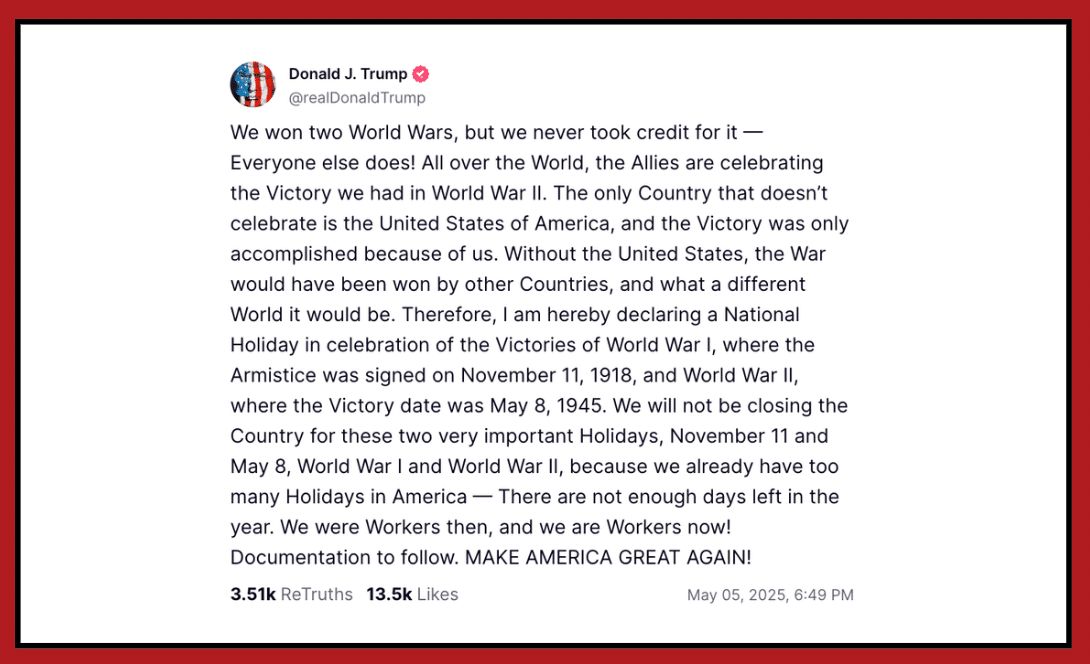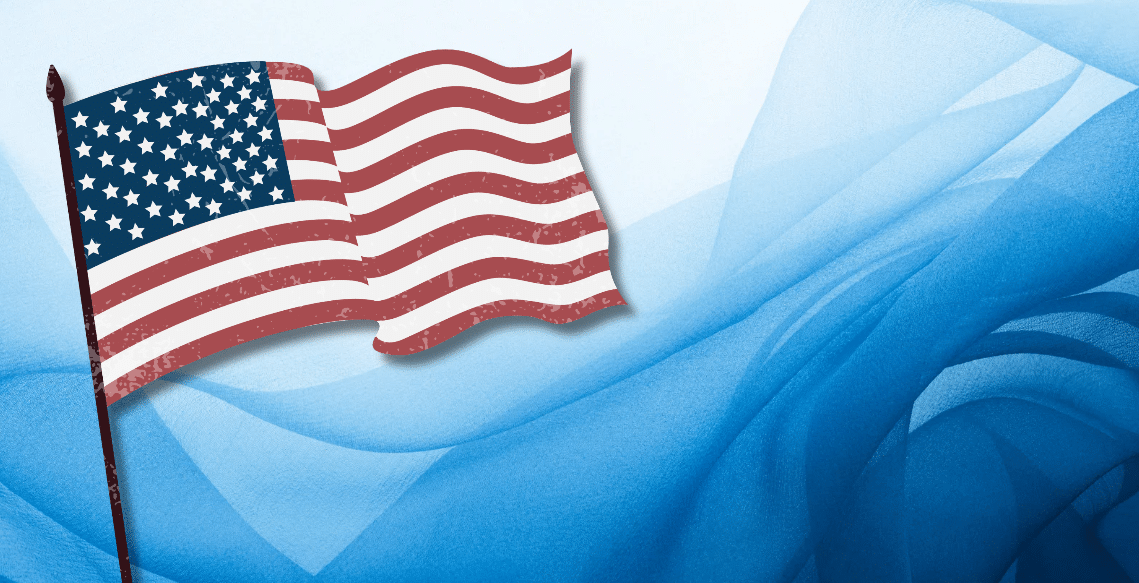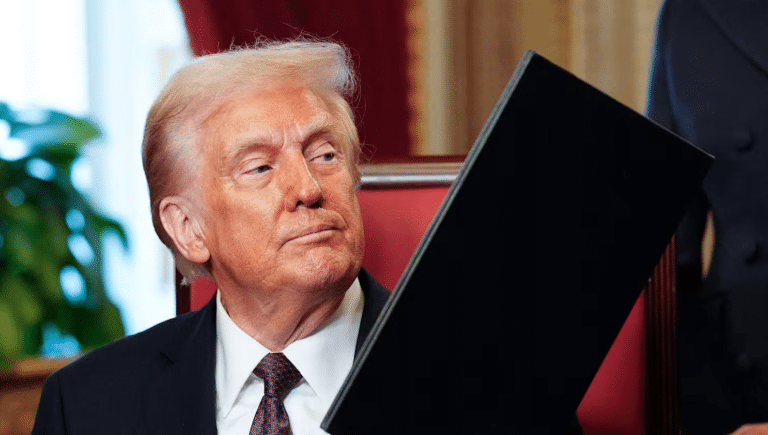On May 5, 2025, President Donald Trump announced two new holidays to commemorate U.S. victories in the World Wars. According to Trump, May 8 will be known as Victory Day for World War II, while November 11 will mark Victory Day for World War I. But despite the patriotic sentiment, these new holidays will not be federal days off, and the announcement has sparked debate, especially because November 11 is already Veterans Day. Here is what you need to know.
Understanding Trump’s Victory Day Proclamation

President Donald Trump’s announcement of two new national holidays—Victory Day for World War II on May 8 and Victory Day for World War I on November 11—sparked a lot of chatter, but it is not as straightforward as it seems. For one thing, these dates are already on record as significant. May 8 is recognized around the world as Victory in Europe (V-E) Day, marking the end of World War II in Europe. And November 11? That is Veterans Day in the United States, a federal holiday honoring American veterans.
So why the new holidays? According to Trump, the United States does not give itself enough credit for winning two world wars. He announced on May 5 in a post on Truth Social, saying, “All over the World, the Allies are celebrating the Victory we had in World War II. The only Country that doesn’t celebrate is the United States of America.” In his view, May 8 should now be “Victory Day for World War II,” while November 11 should be “Victory Day for World War I.”
But the announcement immediately raised questions. If November 11 is already Veterans Day—a day specifically meant to honor all U.S. veterans—what does this new “Victory Day” mean? Are we replacing Veterans Day? According to the White House, the answer is no. They quickly clarified that Trump’s new holidays are just symbolic proclamations, not replacements for existing ones.
Even the choice of dates has raised eyebrows. May 8 is Victory in Europe Day, but that only marked the end of World War II in Europe. The United States continued fighting in the Pacific until Japan’s surrender on September 2, 1945. So, is it fair to call May 8 a U.S. victory day when the war was still raging in the Pacific?
And then there is the bigger question—what is a “national holiday,” anyway? In the United States, a federal holiday is a day when federal workers get the day off, and many businesses close. But national holidays? Those are just symbolic unless Congress makes them official. So far, there is no sign of any legislation in the works to make Trump’s new holidays official. They are just ceremonial, for now.
Unsurprisingly, Trump’s announcement has sparked mixed reactions. Some veterans’ groups are supportive, saying it is good to recognize the sacrifices of World War I and World War II veterans. Others worry it could confuse, especially since November 11 is already Veterans Day. For now, it is all just talk—Trump’s proclamation might be making headlines, but it is not making any real changes.
Implementation and Public Response

Trump came out with a big announcement: two new holidays—Victory Day for World War II on May 8 and Victory Day for World War I on November 11. But here is the thing—just because someone calls something a “national holiday” does not mean it is an actual holiday where you get the day off. In the U.S., real holidays—the ones where federal offices close and people get a break—are called federal holidays. And those are decided by Congress, not social media posts.
As of now, Trump’s Victory Days are more like ceremonial suggestions. Nothing is changing on your calendar. No extra day off work, no closed businesses. For these new holidays to become federal holidays, Congress would need to pass a law making them official. That means debates, votes, and a lot of paperwork. Right now, none of that is happening.
Veterans organizations have had mixed feelings. Some like the idea—recognizing the American role in World War I and World War II sounds patriotic enough. But others are a little worried. November 11 is already Veterans Day, a day meant to honor all U.S. veterans. So what happens if you add a new “Victory Day” on the same date? Does that mean Veterans Day gets overshadowed? Does it confuse people about what the holiday is even about?
Historians have also pointed out that labeling these “Victory Days” puts a pretty heavy focus on American contributions while downplaying the sacrifices of other Allied nations. Countries like the United Kingdom, France, Russia, and Canada all paid a huge price to win those wars. Trump’s message about America not getting enough credit has not exactly landed well with everyone.
A Patriotic Idea Without Actual Change
Trump’s announcement of two new holidays—Victory Day for World War II on May 8 and Victory Day for World War I on November 11—got a lot of people talking, but here is the reality: nothing is changing. These are not federal holidays. That means no extra day off work, no closed businesses, no fireworks. They are just dates on a calendar that Trump suggested should be celebrated. Nothing more. None of this matters unless Congress decides to make these holidays official.
Right now, they are just words. A symbolic gesture. Something for social media, not your schedule. Until lawmakers actually take this up, Trump’s Victory Days are just an idea—something to talk about, but nothing that will actually change your life.








